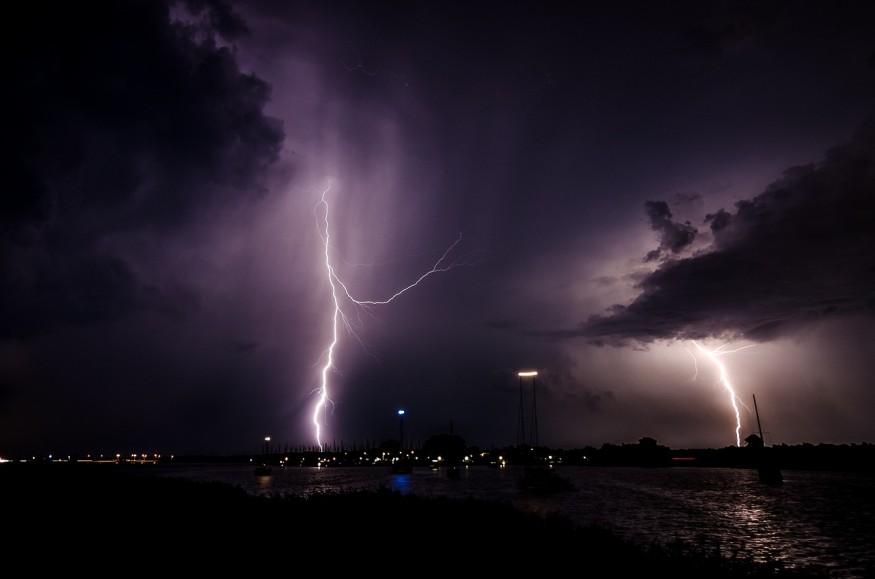Severe thunderstorm warnings and severe weather warnings have been issued by New Zealand's Meteorological Service (MetService).
These weather advisories will remain in effect at least from 10:00 p.m. on Thursday, February 23, until early weekend.
During this period, heavy rain and flash flooding are possible, leading to potential evacuation orders.
The MetService urges the public to monitor local weather developments and weather forecasts, in the event changes or additional details are made.
In the coming days, flooding is expected in urban areas, especially low-lying areas, power outages is possible, and widespread travel disruption is imminent based on previous weather events in the country.
Severe Weather Warnings

MetService also issued severe weather warnings, adding that a complex low pressure area remains over the North Island in the coming days before drifting away to the southern part of New Zealand on late Saturday, February 25.
This shift in direction will bring heavy rain and possible thunderstorms in affected areas.
The weather agency said a "heavy rain watch" in effect for Hawke's Bay has now been upgraded to an "Orange Warning" due to significant rainfall accumulations expected in areas recently impacted by Cyclone Gabrielle.
A similar weather advisory is also in place for Gisborne and Wairarapa, which now also includes Auckland, Coromandel Peninsula, and western Bay of Plenty.
Also Read: Severe Thunderstorm Warnings Issued Across New Zealand, Heavy Rain and Flooding Continues
2023 Auckland Flooding
February came from the devastation left by the "biggest climate event" in New Zealand's history, when an unprecedented torrential rain and flooding swept through the country's largest city Auckland.
The weather event killed at least four people as raging floodwaters flowed through streets and highways, The Guardian reported.
The extreme weather event forced schools and businesses to close due to life-threatening, disruptive risks posed by the flash flooding.
The Auckland International Airport also experienced flight cancellations and delays, leaving thousands of overseas travelers stranded.
The natural disaster that struck New Zealand as of early 2023 has opened its potential connection to climate change and global warming, even emerging diseases.
New Zealand's Prime Minister, Chris Hipkins, stated the extreme weather was the result of climate change.
In a statement to local outlet 1News, Hipkins elaborated the possibility that we will have to brace with these extreme weather events in the near future, bringing the need to combat the ongoing climate crisis, as cited by the BBC.
Leptospirosis Cases
As of Tuesday, February 21, there have been reports of rising cases of the bacterial disease leptospirosis following the Auckland floods.
The Auckland Regional Public Health Service warned health providers regarding a potential leptospirosis outbreak, which could be linked to the recent extreme weather events, The New Zealand Herald reported.
The country's Ministry of Health defines leptospirosis as an acute illness manifested by the following symptoms: chills, fever, headache, diarrhea, nausea, myalgia, abdominal pain, coughing, meningitis, and inflammation of the eyes, as cited by New Zealand's newspaper.
New Zealand is current in its summer season which spans from December to February each year.
© 2025 NatureWorldNews.com All rights reserved. Do not reproduce without permission.





